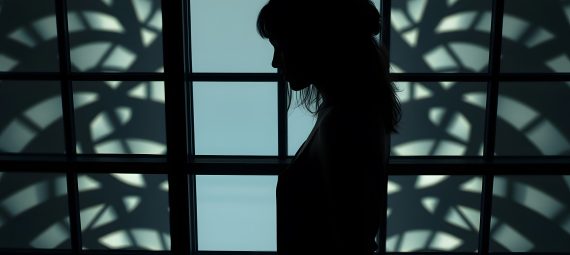Do you like horror stories? Here is one.
I’ve always believed the greatest enemy one can face is not some external force, but the reflection in the mirror, the relentless inner voice that whispers, cajoles, and ultimately commands.
This voice knows me better than anyone. It knows where I’m fragile, where I’m vain, and where I’m too scared to venture. It’s not a singular voice—more like an orchestra of self-doubt, self-righteousness, and too many egos fighting for dominance. But in the end, all these voices converge into a singular force: me, at my worst.
The most unsettling part about this enemy is that it’s not always a direct assault. No, it’s more insidious than that. It’s the low hum in the background, the nagging sensation that I’m never enough, that I haven’t accomplished enough, and that the gap between where I am and where I think I should be is wider than any of my most ambitious dreams. It doesn’t attack from a distance. It comes from within, shaping every decision, every word, and every pause. It is the constant measuring of self-worth against an arbitrary standard, against a future that may never come.
What’s even more uncomfortable is how familiar it feels. The enemy is me, and yet I often don’t recognize when it’s creeping up on me. It wears the mask of ambition, of hard work, of being “better.” It convinces me that striving is noble and that pushing through discomfort is a virtue. And in this relentless pursuit of being more, of achieving more, I feed my own enemy—growing it larger, stronger, more insatiable. It grows through my moments of triumph as much as it does through my failures. Every win comes with the dread that I haven’t done enough, and every loss, the searing reminder of my inadequacy.
Some might say that this is just “self-improvement,” but I’ve come to realize that it’s a vicious cycle. The cycle of always striving to be something more, yet never truly feeling like I’ve arrived, or worse, never knowing what it would feel like to arrive. If there is a victory, it is fleeting, and if there is a moment of peace, it is quickly drowned out by the next challenge, the next task.
The irony is, the more I fight this enemy, the more I become it. The fight becomes a part of my identity, and every piece of armor I put on to shield myself from the enemy only strengthens its grip. Every new project, every new goal, is just another battle in a war with myself. I never win. There’s no end, no resolution. My archnemesis will always be there, not because it’s powerful, but because I allow it to be.
So I find myself caught in this endless loop of self-creation, always reaching for something more, even as I drift further from the simplicity of just being. The tragedy is that the more I try to escape this enemy, the more I become it. The more I fight, the deeper its roots sink. Perhaps the most unsettling realization is that this battle is less about winning and more about the need to justify my existence in terms of constant movement. The problem isn’t the enemy, but the idea that stillness is wrong. If I stop fighting, stop striving, I’m not afraid of failure—I’m afraid of being nothing.

